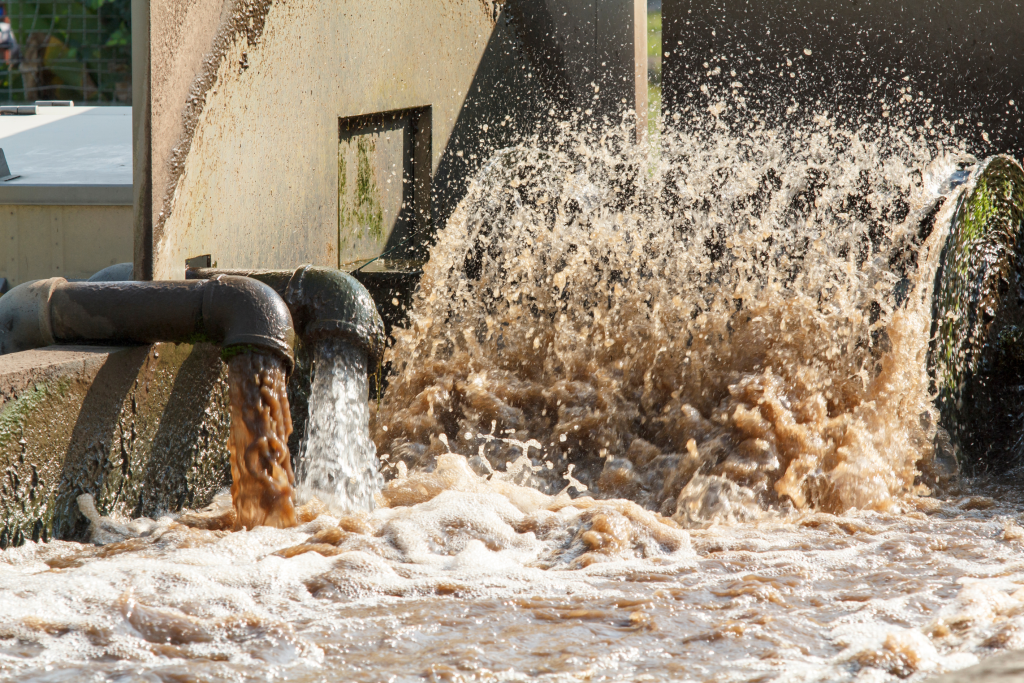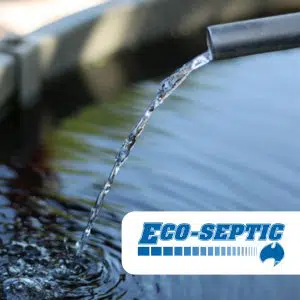Water is the essence of life, and yet, we often squander it without a second thought. As concerns about water scarcity and environmental sustainability continue to rise, it’s imperative that we take proactive steps to reduce wastewater at home. By adopting simple yet effective strategies, we can not only conserve this precious resource but also minimize our impact on the environment. In this blog, we’ll explore various methods to reduce wastewater at home while promoting eco-friendly living.
Understanding Wastewater:
Before delving into ways to reduce wastewater, let’s first understand what it entails. Wastewater refers to any water that has been used in domestic activities such as bathing, washing dishes, laundry, and flushing toilets. This water typically contains contaminants and pollutants, making it unsuitable for immediate reuse without proper treatment.
By reducing wastewater at home, we can minimize the strain on municipal water treatment facilities, conserve energy used in water treatment processes, and protect natural water sources from pollution. Here are some effective strategies to achieve this goal:

Install Water-Efficient Fixtures:
One of the most effective ways to reduce household wastewater is by installing water-efficient fixtures. Low-flow toilets, faucets, and showerheads are designed to minimize water consumption without compromising performance. By replacing outdated fixtures with water-efficient alternatives, you can significantly reduce the amount of wastewater generated in your home.
Fix Leaks Promptly:
Even minor leaks in plumbing fixtures or pipes can contribute to significant water wastage over time. Make it a habit to regularly inspect your plumbing system for leaks and address any issues promptly. Repairing leaks not only conserves water but also helps lower your water bill and prevents potential water damage to your home.
Practice Water-Efficient Habits:
Simple changes in daily habits can also contribute to wastewater reduction. For example, turning off the tap while brushing teeth or shaving, taking shorter showers, and only running full loads of laundry and dishes can all help conserve water. Encourage household members to be mindful of their water usage and implement water-saving practices into their routines.
Harvest Rainwater:
Rainwater harvesting is an eco-friendly practice that involves collecting rainwater from rooftops and storing it for various non-potable uses, such as watering plants, washing vehicles, and flushing toilets. Installing a rainwater harvesting system at home can help reduce reliance on municipal water sources and lower water bills while conserving freshwater resources.
Implement Greywater Recycling:
Greywater refers to wastewater generated from activities such as bathing, laundry, and dishwashing, which can be recycled for non-potable purposes. By treating and recycling greywater onsite, you can reduce the amount of water discharged into municipal sewer systems and decrease demand for freshwater. Greywater recycling systems can be installed relatively easily and provide a sustainable solution for water reuse.
Maintain Your Septic System:
For homes with septic systems, proper maintenance is essential to prevent wastewater contamination and ensure efficient operation. Regular inspections, pump-outs, and proper disposal of household waste can help extend the lifespan of your septic system and minimize the risk of environmental pollution. Additionally, consider upgrading to an eco-friendly septic system, such as those offered by EcoSeptic, which utilize advanced technologies to treat wastewater more effectively and sustainably.
Educate and Advocate:
Finally, raising awareness about the importance of wastewater reduction and sustainable water management is crucial for fostering a culture of environmental stewardship. Share information with friends, family, and neighbors about the benefits of water conservation and encourage them to adopt water-saving practices in their own homes. Additionally, support initiatives and organizations that promote sustainable water management practices on a larger scale.
Ready to take the next step towards reducing wastewater and promoting eco-friendly living? Contact EcoSeptic today to learn more about our innovative septic system solutions. Our team of experts can provide personalized recommendations and assistance to help you achieve your sustainability goals. Together, we can make a positive impact on the environment while conserving precious water resources for future generations.
Reducing wastewater at home is not only essential for conserving water but also for protecting the environment and promoting sustainable living. By implementing water-saving strategies such as installing water-efficient fixtures, fixing leaks promptly, practicing water-efficient habits, harvesting rainwater, recycling greywater, maintaining your septic system, and educating others about the importance of water conservation, we can all play a role in mitigating water scarcity and environmental pollution. Let’s embrace these simple yet impactful measures to create a more sustainable future for ourselves and generations to come.
Related Posts
- How do aerated wastewater treatment systems work
- ECN10-1 aerated wastewater treatment system (awts) domestic model
- Why We Need Home Sewage Treatment Plant Maintenance
- Best Septic Systems – Considerations For Commercial And Residential Use
- Septic Tank Maintenance Guide
- What Is The Difference Between Sewage And Refuse
- The Benefits Of A Commercial Wastewater Systems
- Why Eco Septic Tanks are the Eco-Friendly Choice for Your Home





